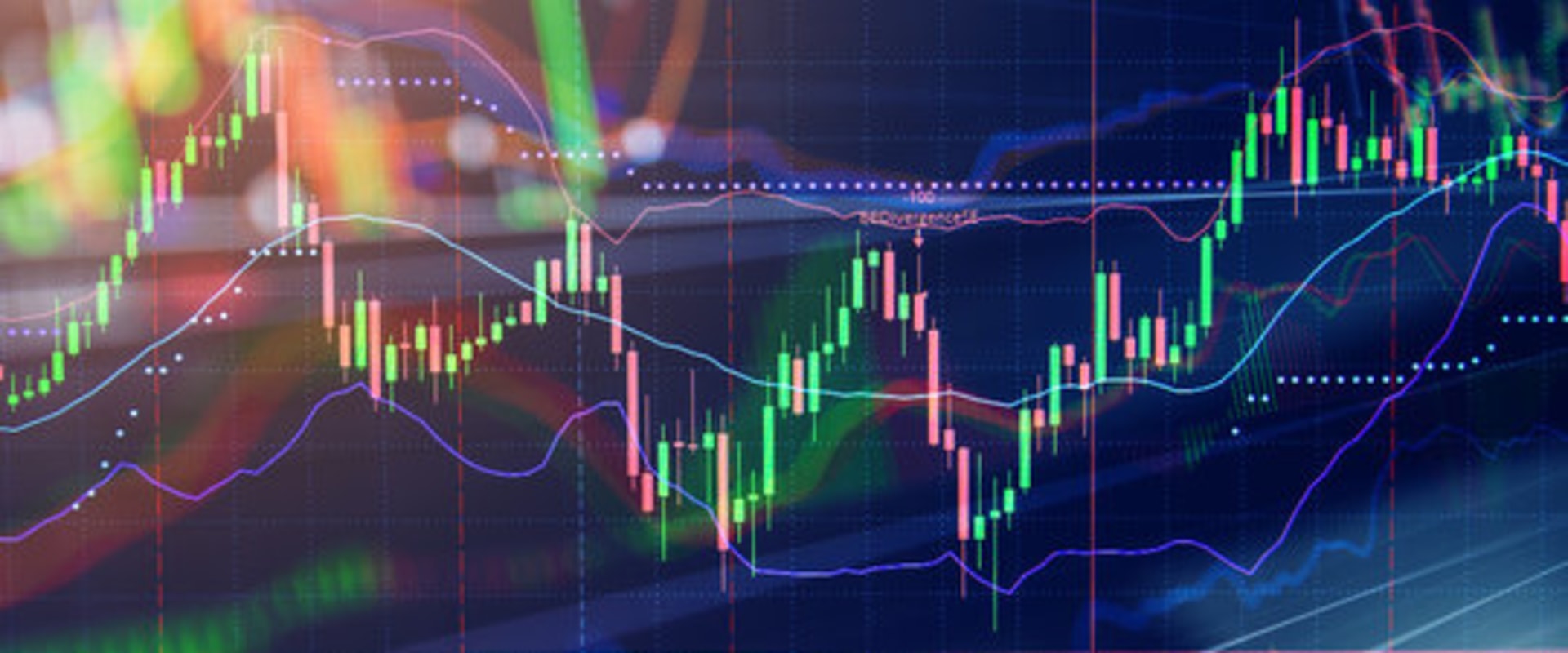Forex trading is a popular financial market where currencies are bought and sold. It offers immense potential for profit, but it also carries risks. To navigate this dynamic market successfully, traders must understand various concepts, including equity. In this article, we will explore what equity means in the context of forex trading and its significance in managing risks and optimizing profitability.
What is Forex Trading?
Forex trading, also known as foreign exchange trading, involves the buying and selling of currencies. Traders participate in the forex market to take advantage of fluctuations in exchange rates and profit from the price differences between various currency pairs. The forex market operates globally and is open 24 hours a day, allowing traders to engage in transactions at any time.
The Concept of Equity
Equity in forex trading refers to the current value of an account when all open positions are taken into consideration. It is the sum of the initial capital invested, the profits earned, and the losses incurred. Equity represents the real-time value of a trader's account and fluctuates with every trade executed.
Equity vs. Balance
While equity and balance may seem similar, they are distinct concepts in forex trading. Balance refers to the total amount of funds in a trading account, including the initial deposit and subsequent profits or losses. On the other hand, equity considers the actual value of the account, accounting for the impact of open positions.
Calculating Equity in Forex Trading
To calculate equity, you need to subtract the total losses from the total gains and add the result to the account balance. This calculation takes into account both realized profits and losses as well as unrealized profits and losses from open positions. Equity provides traders with an accurate snapshot of their account value at any given time.
The Importance of Equity in Risk Management
Equity plays a crucial role in risk management. By monitoring their equity, traders can assess the health of their trading accounts and determine the appropriate position sizes for new trades. It allows them to allocate their capital effectively and avoid overexposure to risky trades, reducing the likelihood of significant losses.
Equity and Margin Calls
Margin calls occur when a trader's equity falls below a certain threshold required by the broker. Brokers enforce margin requirements to ensure that traders have sufficient funds to cover potential losses. If equity drops too low, brokers may issue a margin call, requesting additional funds or closing positions to restore the required equity level. Understanding and managing equity effectively can help traders avoid margin calls.
Equity Curve Analysis
An equity curve is a graphical representation of a trader's equity over a specific period. It provides insights into the performance of a trading strategy by showcasing the growth or decline of the trading account. Analyzing the equity curve helps traders identify patterns, assess the effectiveness of their strategies, and make informed decisions to optimize profitability.
Equity Management Strategies
Effective equity management is essential for long-term success in forex trading. Traders employ various strategies to protect and grow their equity, such as setting stop-loss orders, using proper position sizing techniques, diversifying their portfolios, and implementing disciplined trading plans. These strategies enable traders to minimize risks and maximize profits while maintaining a healthy equity curve.
Equity and Profitability
A trader's equity has a direct impact on profitability. As equity increases, traders have more capital available to open larger positions, potentially leading to higher profits. Conversely, a decline in equity may limit the trading capacity and hinder the ability to generate significant returns. Therefore, maintaining and growing equity is crucial for sustained profitability in forex trading.
Common Mistakes that Affect Equity
Several common mistakes can negatively impact equity in forex trading. These include overtrading, neglecting risk management, chasing losses, and failing to adapt to changing market conditions. It is vital for traders to be aware of these pitfalls and develop disciplined trading habits to protect their equity from unnecessary losses.
Equity and Emotional Discipline
Maintaining emotional discipline is vital for protecting equity. Emotional decisions driven by fear, greed, or impatience can lead to poor trading choices and detrimental effects on equity. By adhering to a well-defined trading plan, managing emotions, and staying disciplined, traders can enhance their chances of preserving and growing their equity.
Conclusion
Equity is a fundamental concept in forex trading, representing the real-time value of a trader's account. It plays a pivotal role in risk management, profitability, and overall trading success. By understanding and effectively managing equity, traders can make informed decisions, protect their capital, and optimize their trading strategies to achieve long-term profitability in the dynamic world of forex trading.
Q1: How often should I monitor my equity in forex trading?
Traders should monitor their equity regularly, preferably on a daily basis. This helps in assessing the health of their trading accounts and making timely adjustments to their strategies.
Q2: Can equity become negative in forex trading?
Yes, equity can turn negative if a trader incurs significant losses that exceed their initial capital. It highlights the importance of proper risk management to avoid such situations.
Q3: Is equity the same as free margin?
No, equity and free margin are different concepts. Equity represents the actual value of the trading account, while free margin refers to the funds available for opening new positions.
Q4: How can I protect my equity from major losses?
Implementing risk management techniques such as setting stop-loss orders, diversifying trades, and avoiding overtrading can help protect equity from substantial losses.
Q5: Can equity management strategies guarantee profits?
While equity management strategies can mitigate risks and enhance profitability, they do not guarantee profits. Success in forex trading relies on a combination of effective strategies and
market analysis.












Leave Reply